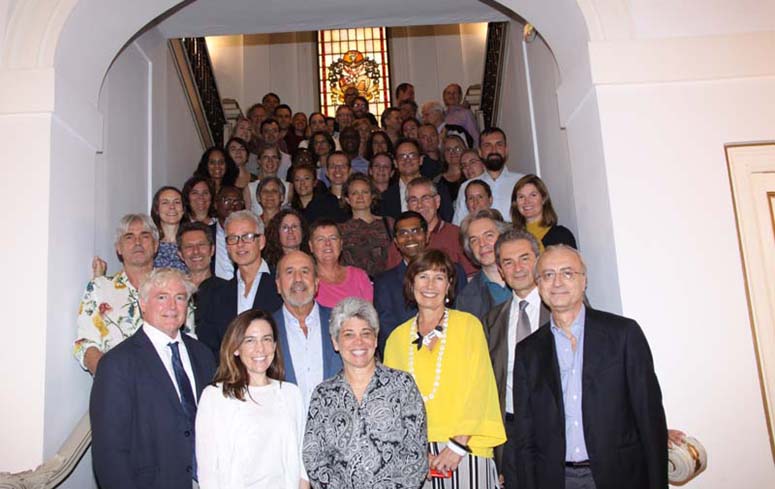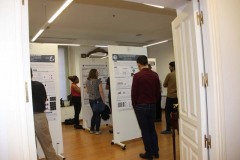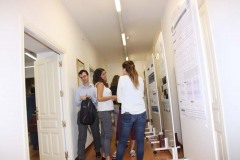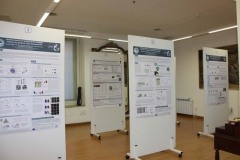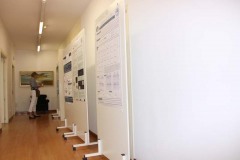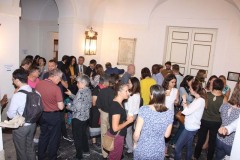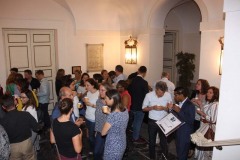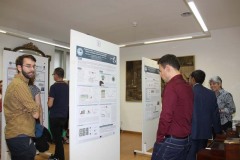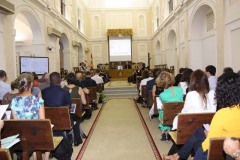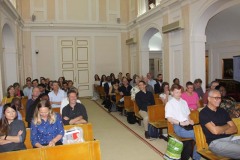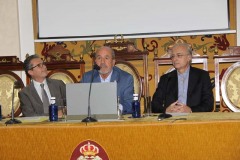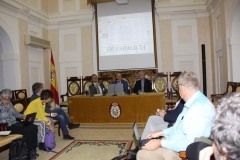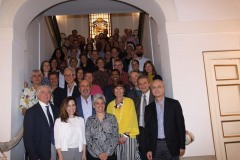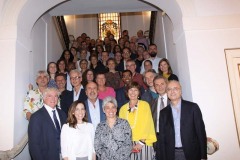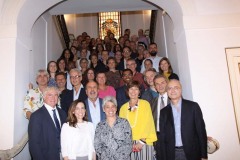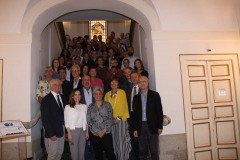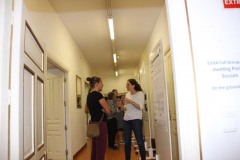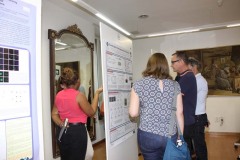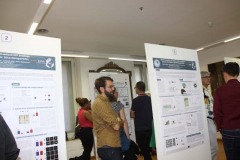With 37 million people living with HIV worldwide, and over 2 million new infections diagnosed each year, an effective vaccine is regarded as the most potent public health strategy for addressing the pandemic. Despite the many advances in the understanding, treatment and prevention of HIV made over the past 30 years, the development of broadly-effective HIV vaccine has remained unachievable. The European HIV Alliance (EHVA) is a five year project funded by the European Union’s Horizon 2020 Research and Innovation Programme designed to foster the development of an effective vaccine.
The EHVA encompasses 41 partners, each with the expertise to promote a comprehensive approach to the development of an effective HIV vaccine. The international alliance, which includes academic and industrial research partners from all over Europe, as well as sub-Saharan Africa and North America, will work to discover and progress novel vaccine candidates through the clinic.
While encompassing the latest advances in clinical trials and preclinical vaccine development, the EHVA’s multidisciplinary research platforms encompass all aspects of vaccine development from early-stage discovery to clinical trials. The Discovery Platform will work to disclose promising vaccine candidates based on the induction of T-cell and antibody responses (ie, neutralizing antibody and non-neutralizing antibody). Discovery is one of four complementary research platforms.
The Immune-Profiling Platform will advance assays to predict the immunogenicity of potential vaccine candidates. The ability to generate a profile of a potential vaccine candidate, using models that emulate the immune system’s response, will assist with benchmarking novel and existing vaccine candidates. State-of-the-art statistical tools and algorithms for vaccine selection are at the core of the Data Management/Integration and Down-Selection Platform.
And the Clinical Trial Platform includes pharmaceutical industry expertise for late stage development, a network of top European clinical centers for conducting large cohort studies, as well as relationships with leading scientists based in Africa. Future testing of EHVA vaccine in Sub-Saharan Africa is a research priority because it is the area of the world with the greatest number of people infected with HIV.
Monday 7 October 2019
08.30 – 09.00 Registration & Welcome Coffee/Tea
09.00 – 10.10 Opening Session
09.00 – 09.10 Welcoming Remarks (Yves Levy & Mariano Esteban)
09.10 – 09.40 Special Lecture: HIV Vaccine – where we are heading? (Jim Kublin)
09.40 – 10.10 Project Overview (Yves Levy & Giuseppe Pantaleo)
10.10 – 11.15 Therapeutic Trial. Moderator: Sheena McCormack
10.10 – 10.40 Re-design EHVA-T02 (Yves Levy/Rodolphe Thiebaut)
10.40 – 10.50 EHVA-T02 Trial Planning (Nafisah Atako)
10.50 – 11.05 Community Perspective (Giorgio Barbareschi)
11.05 – 11.15 Discussion
11.15 – 11.30 Coffee Break
11.30 – 12.30 New EHVA Vaccine Candidates in Clinical Development – Part I: DREP
Moderator: Jean-Daniel LeLievre
11.30 – 11.45 Overview of DREP Vector (Peter Liljestrom)
11.45 – 12.00 DREP Manufacturing and GLP Toxicity Plan (Eddy Sayeed)
12.00 – 12.15 DREP Phase I Trial Design (Sheena McCormack)
12.15 – 12.30 Discussion
12.30 – 13.30 Lunch
13.30 – 14.30 New EHVA Vaccine Candidates in Clinical Development – Part II: Env Protein
Moderator: Yves Levy
13.30 – 13.50 Candidates Down Selection (Ralf Wagner)
13.50 – 14.05 GMP Manufacturing Plan (Antu Dey)
14.05 – 14.20 Experimental Medicine Trial (Rodolphe Thiebaut)
14.20 – 14.30 Discussion
14.30 – 15.45 Poster Session I
14.30 – 15.45 Breakout Session – EHVA TSC/IDMC Joint Meeting
Closed Session: Invitees only
Organizer: Sheena McCormack
15.45 – 16.00 Coffee Break
16.00 – 17.45 Novel Vaccine Candidates under Preclinical Development – Part I: Delivery Strategies
Moderator: Ralf Wagner
16.00 – 16.15 Overview (Ralf Wagner)
16.15 – 16.35 SOSIP Trimers with Advanced Crosslinking and Liposomal Delivery (Winfried Weissenhorn)
16.35 – 17.00 Multimerization via Particle Carrier Delivery (David Peterhoff))
17.00 – 17.20 Adjuvant development (Livia Brunner)
17.20 – 17.30 Wrap-up of Day 1 (Yves Levy and Giuseppe Pantaleo)
20.00 – Consortium Dinner
Tuesday 8 October 2019
09.00 – 09.30 Special Lecture
Antibody Correlates and Monitoring (Georgia Tomaras)
09.30 – 11.00 Novel Vaccine Candidates under Preclinical Development – Part II: Vector Delivery
Moderator: Giuseppe Pantaleo
09.30 – 09.45 Engineering Soluble Secreted Env-trimers for Optimal Display from Cell Surfaces and Viruses (Alexandra Hauser)
09.45 – 10.00 Generation of the VSV-Trimer Recombinants (Janine Kimpel)
10.00 – 10.20 Immunogenicity Study in Mice with New Immunogens (Mariano Esteban)
10.20 – 10.35 Immunogenicity Study in NHP with VSV-ZM96 constructs (Romain Marlin)
10.35 – 11.05 Multimerization of GT-CoreE via VSV-GP vector (David Peterhoff, Quentin Sattentau)
11.05 – 11.20 Coffee Break
11.05 – 11.40 Novel Vaccine Candidates under Preclinical Development – Part III: DC-Targeting
Moderator: Yves Levy
11.05 – 11.25 Evaluation of Molecular and Cellular Changes at Site of Anti-CD40 Vaccine Injection in Non-human Primates (Roger le Grand)
11.25 – 11.40 Next Generation αCD40 Targeting candidates (Gerard Zurawski)
11.40– 13.00 Poster Session II
11.40 – 13.00 Breakout Session: SAB
Closed session:
• 11.40 – 12.15: Q&A attended by SAB, PMB and Ad-hoc Invitees only
• 12.15 – 13.00: Closed session SAB members only
13.00 – 14.00 Lunch
14.00 – 14.30 Recommendations from the SAB
14.30 – 14.40 Update on Communication Activities (Hester Kuipers)
14.40 – 14.50 Update on Grant Management (Stephanie Remola)
14.50 – 15.15 Wrap Up and Next Steps (Yves Levy and Giuseppe Pantaleo)
